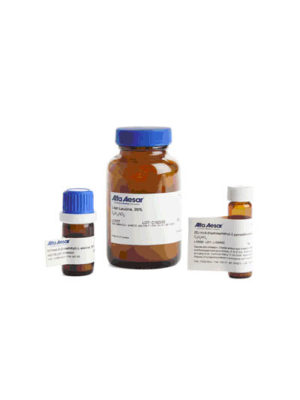Ketone Ketals

Ketone Ketals
Ketals are any class of organic compounds that are geminal diethers of the formula R2C(OR’)2, where R and R’ represent organic fragments bonded through the carbon atoms. Examples of ketals are acetone dimethyl ketal, acetone butyl methyl ketal, acetone dibutyl ketal, 2-butanone dimethyl ketal, cyclohexanone dimethyl ketal, and 2,2′-dimethyldioxolane. In organic synthesis, ketals are useful intermediates that protect carbonyl groups of the more reactive ketones or hydroxyl groups of diols, when performing organic transformations. Solketal, a glycerol acetonide, has been used extensively in the synthesis of mono-, di- and triglycerides by ester bond formation.
Industrial applications of ketals include their use as solvents for adhesives and coatings, intermediates, and plasticizers. The building blocks of most of the known chemical products, such as surfactants and polymers, are cyclic ketals. They are known to harden natural adhesives. Mostly ketals are used in ointments, perfumes, special purpose fuels, and as an intermediate for polysulfide synthetic rubber. High polymers and cross-linked polymers are made up of ketals as they have superior properties, such as high tensile strength and high glass transition temperatures.


